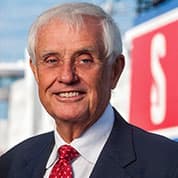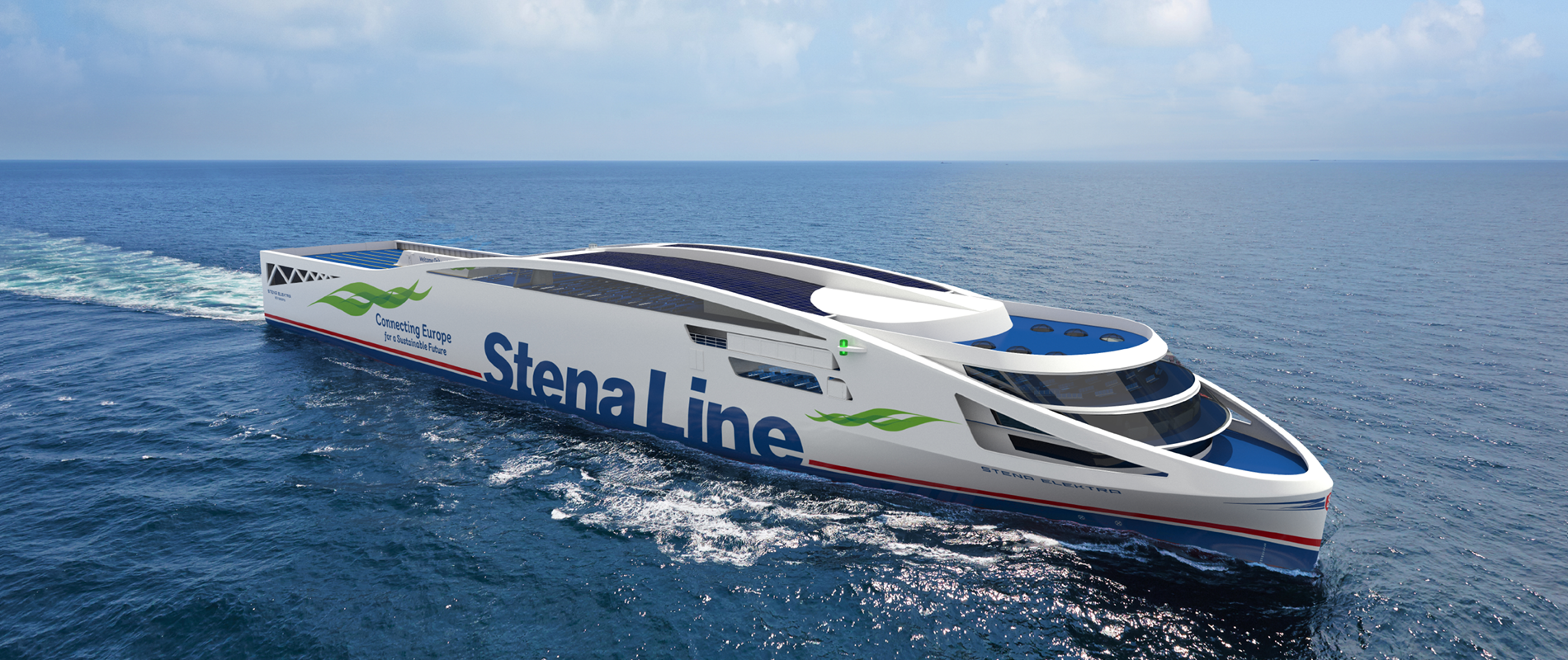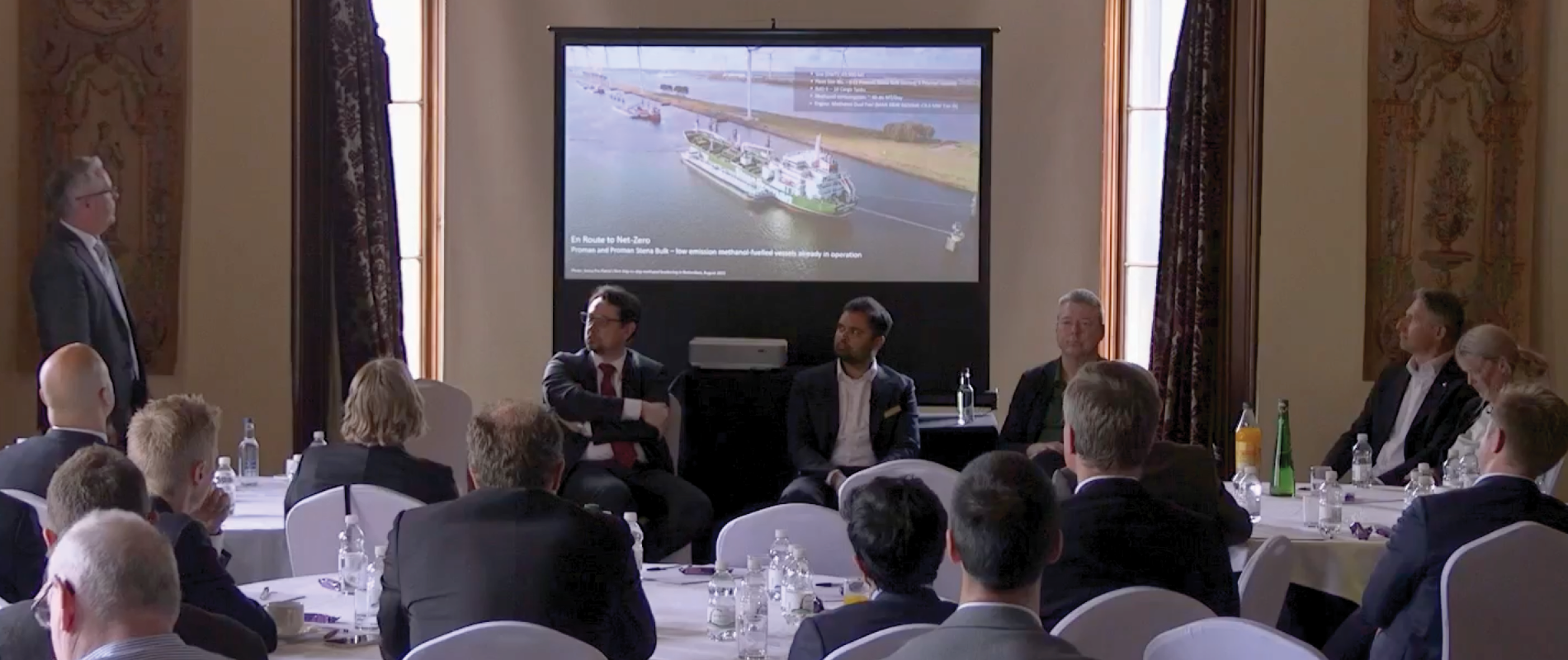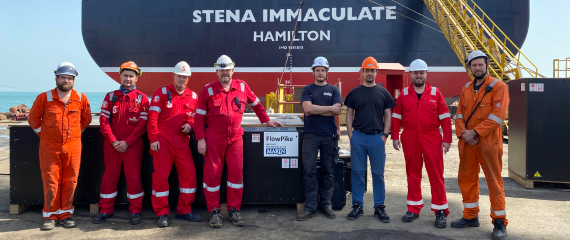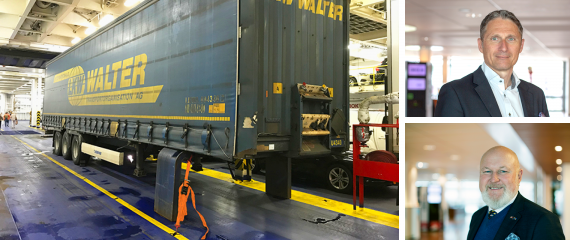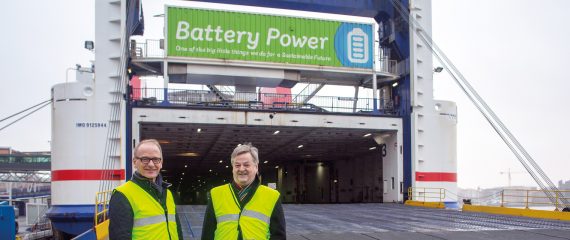A BURNING TOPIC IN THE MARITIME INDUSTRY
FUTURE FUELS
"The marine industry is responsible for approximately 3 per cent of the greenhouse gas (GHG) emissions worldwide. We have to think about changing that going into a greener world, producing fuels which do not emit all these pollutants and GHG into the atmosphere to protect our environment in the future for the next generations". Peter Schild, Managing Director Sustainability at Proman, when asked 'Why is change necessary in the area of marine propulsion?'
Future fuels is a burning topic in the maritime industry today, and with the IMO releasing their MEPC 80 targets (net-zero greenhouse gas emissions from international shipping close to 2050), it is as pressing as ever to select a strategy and invest in the next energy carriers to replace fossil based fuels.
The options are many, and they all come with pros and cons related to sustainability, cost, availability and more. To help us navigate the different solutions, Stena Teknik invited representa-tives of four of the most frequently discussed solutions to participate in a debate in Glasgow. A recording of the panel debate is now available in full on the intranet, along with short videos containing introductions to each of the solutions represented in the debate – methanol, batteries electrification, nuclear power and biofuels. We hope that you will find the debate as educational as we did!
FACTS
- Battery electrification is part of both the short- and long-term pathway for the decarbonization of shipping. Stena operates several short sea vessels, a large number of these vessels can be fully electrified in the future.
- Methanol burns cleaner compared to conventional fuel and, if produced from renewable sources, shows promise as a sustainable future fuel for shipping.
- The deep-sea segment accounts for the majority of emissions in shipping. Nuclear power, already used at sea for more than 60 years, could effectively render this segment of the fleet emission free.
- Biofuels, fuels derived from bio-mass, is already available today in impactful amounts for shipping and does not require any expensive conversions of existing fleet. The versatility of pathways for biofuel production shows promise and may enable it to be part of the long term solution.

